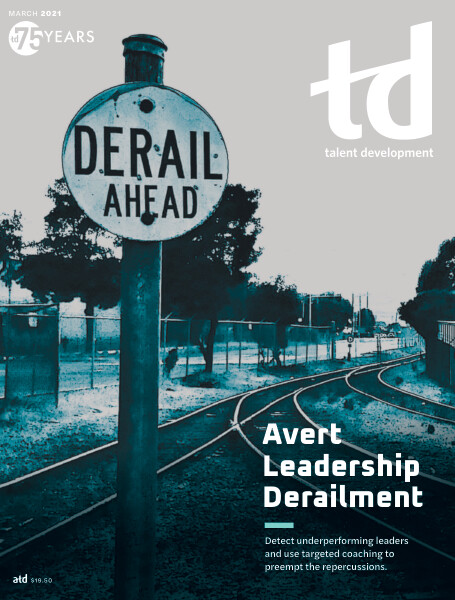TD Magazine Article
Rethink Your Organization
A review of Humanocracy: Creating Organizations as Amazing as the People Inside Them by Gary Hamel and Michele Zanini
Mon Mar 01 2021
Humanocracy: Creating Organizations as Amazing as the People Inside Them
By Gary Hamel and Michele Zanini
Harvard Business Review Press, 368 pp., $28.99
This review, originally published in the March 2021 issue of TD magazine, has been updated to more accurately reflect the author’s views.
Humanocracy is a book packed with statistics, academic references, and anecdotal evidence. The authors couch it in a prescriptive manner that attempts to codify the value of human experience and creativity through seven principles that organizations should espouse if they wish to succeed in an ultrafast, innovation-fixated, and competitive global market. Bureaucracy is the boogeyman in Hamel and Zanini’s eyes and encompasses a wide range of negative attributes, such as myopia, repression, and inertia, which are corporation killers by anyone’s standards.
In the first one-third of the book, the authors focus on the historical and philosophical foundations of bureaucratic systems and illustrate the many ways in which bureaucracy cannot support success in modern organizations. In the central section, they explore the seven principles that eliminate bureaucracy and cultivate employees. And in the last section, they suggest that the cure for bureaucracy is not to destroy the entire corporate structure in an explosion of disenfranchised executives but rather to incrementally and relentlessly move changes up the ladder, gaining buy-in from decision makers, generating momentum, and measuring success along the way. That scaling-up process uses the authors’ Bureaucratic Mass Index—an assessment that measures bureaucratic inertia—and eventually produces a flat, nimble organizational structure that maximizes employee contributions and experience.
My qualms with this book lie in the authors’ assumptions and blind spots. Hamel and Zanini nearly exclusively use white male philosophies and examples from the West and China to support their assertions. Although that data is more easily obtained, the absence of the entire southern hemisphere and most female or nonbinary leaders is remarkable in a book about innovation and human principles. Also, the authors problematically endorse capitalism as an equalizing ideal. Their language in places slingshots between inaccessibly academic and weirdly colloquial. And their use of such terms as “woke” near the end is especially jarring.
I recommend this book for those who must know the why and love to frame action in expertise and evidence. The authors meticulously researched it and include robust endnotes to guide further exploration. They lay out a clear rubric and an intellectual framework for changing organizations. Those who lead and wish to challenge bureaucratic inertia in their organization also may find this book valuable.
That said, Humanocracy’s limitations lie in the authors’ reliance on historical, largely Western thought and large companies with substantial development to prescribe a model for a future that will likely embrace neither.

